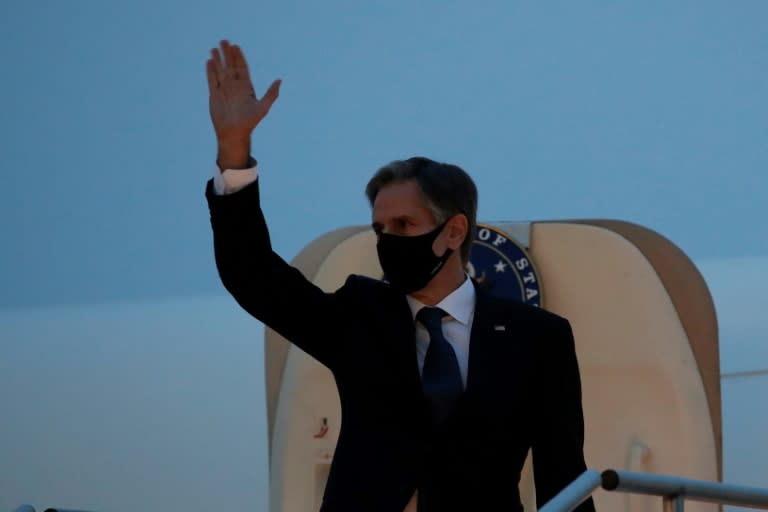US Secretary of State Antony Blinken and his Chinese colleague Wang Yi will meet in Alaska on Thursday for the first time since the election of the new US President Joe Biden for a personal exchange. The Chinese Communist Party’s chief foreign policy officer, Yang Jiechi, will also attend the meeting. In the three-round talks, all disputed points should come on the table. A joint statement is not expected after the meeting, which is due to last until Friday morning.
Relations between the two largest world powers are currently very tense. “We begin these talks knowing that China has an ancient and troubling tendency to fail to keep its promises,” the State Department said. The aim will be to denounce the practices of the People’s Republic of China, which undermine the rules of the “international system” and endanger the security, prosperity and values of the US and its allies.
The Chinese side made it clear that the People’s Republic would “not compromise on its sovereignty, security and interests”. At the last bilateral meeting in June, the mood of the Cold War prevailed, as had emerged in the last few months of the term of office of the now-elected US President Donald Trump.
So far, Biden has not indicated that he could approach the leadership in Beijing in a more friendly manner than Trump. But Biden’s team takes credit for being more methodical on the international stage than Trump. This should succeed in working together with China on common challenges such as global warming, the corona pandemic and the non-proliferation of nuclear weapons.
At the talks in Anchorage, the US diplomats want to bring up any issues that cause irritation. These include the suppression of the Uyghurs in Xinjiang, which the US has classified as “genocide”, the growing Chinese pressure on Hong Kong, the long simmering conflicts over Taiwan and Tibet, as well as human rights violations and trade policy practices criticized by the US such as intellectual property theft.
“There is a long litany of disagreements between us and the People’s Republic of China,” said US State Department spokesman Ned Price. This is not just a list of the USA either. Rather, these differences of opinion would be shared by the Asian and European allies of the United States.
ao / bfi
–


